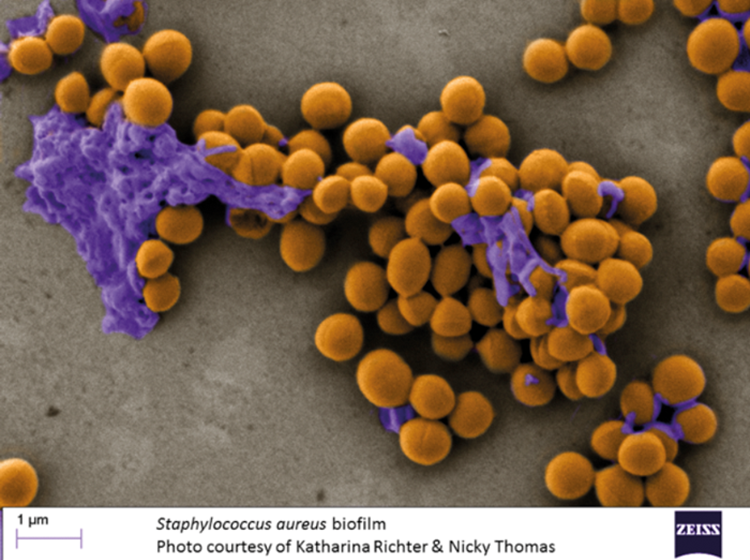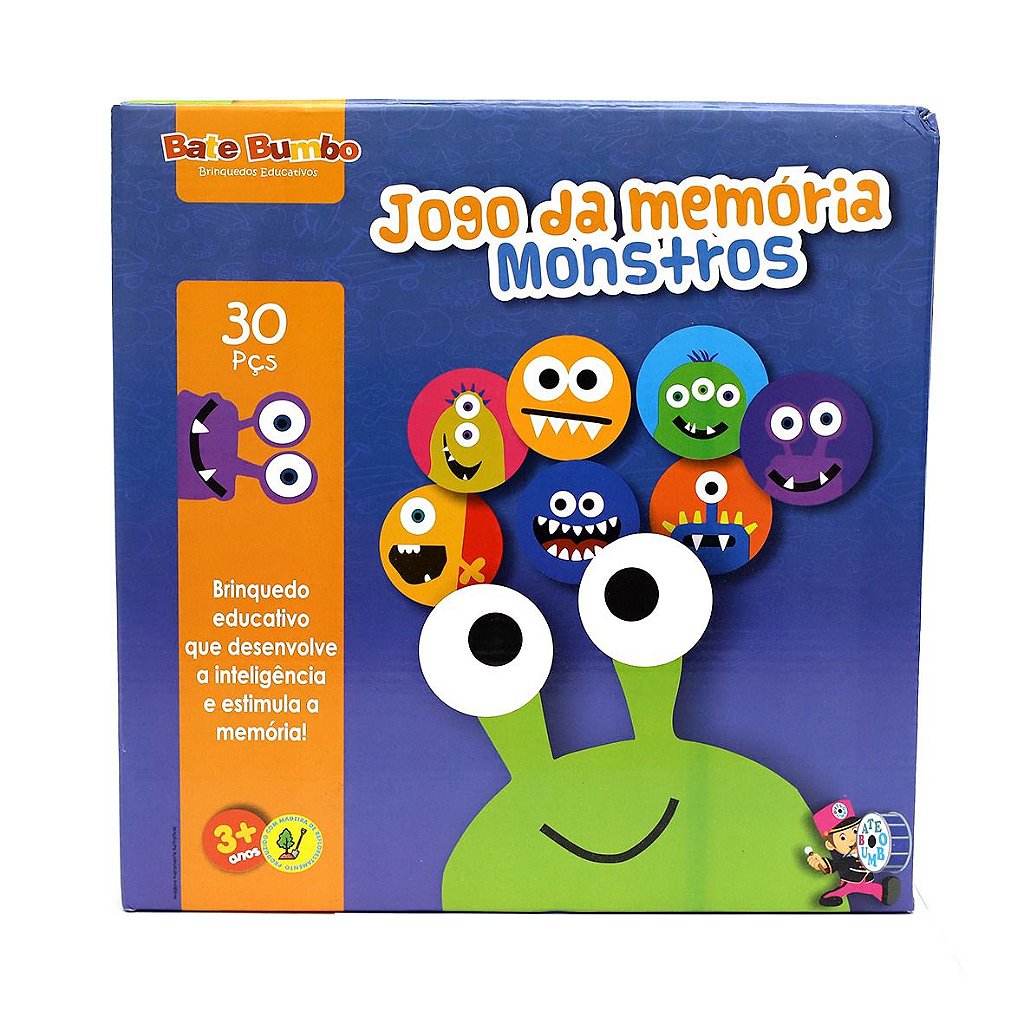Microorganisms, Free Full-Text
Por um escritor misterioso
Descrição
The Staphylococcus aureus-related complex is formed by the Staphylococcus aureus, Staphylococcus schweitzeri, Staphylococcus argenteus, Staphylococcus roterodami and Staphylococcus singaporensis. Within this complex, S. schweitzeri is the only species mainly found in African wildlife, but it is rarely detected as a colonizer in humans or as a contaminant of fomites. The few detections in humans are most likely spillover events after contact with wildlife. However, since S. schweitzeri can be misidentified as S. aureus using culture-based routine techniques, it is likely that S. schweitzeri is under-reported in humans. The low number of isolates in humans, though, is consistent with the fact that the pathogen has typical animal adaptation characteristics (e.g., growth kinetics, lack of immune evasion cluster and antimicrobial resistance); however, evidence from selected in vitro assays (e.g., host cell invasion, cell activation, cytotoxicity) indicate that S. schweitzeri might be as virulent as S. aureus. In this case, contact with animals colonized with S. schweitzeri could constitute a risk for zoonotic infections. With respect to antimicrobial resistance, all described isolates were found to be susceptible to all antibiotics tested, and so far no data on the development of spontaneous resistance or the acquisition of resistance genes such the mecA/mecC cassette are available. In summary, general knowledge about this pathogen, specifically on the potential threat it may incur to human and animal health, is still very poor. In this review article, we compile the present state of scientific research, and identify the knowledge gaps that need to be filled in order to reliably assess S. schweitzeri as an organism with global One Health implications.

Effect of microbial communities on the quality characteristics of
Microorganisms, Free Full-Text
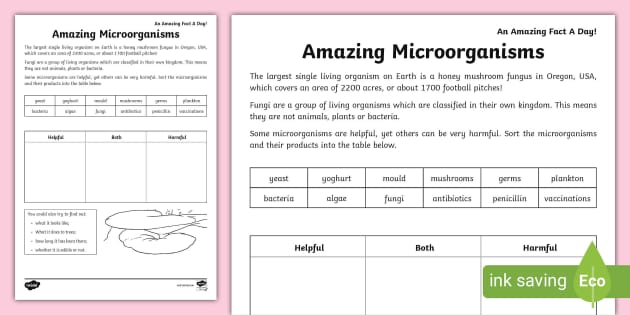
Amazing Microorganisms Worksheet - Science Resource - Twinkl
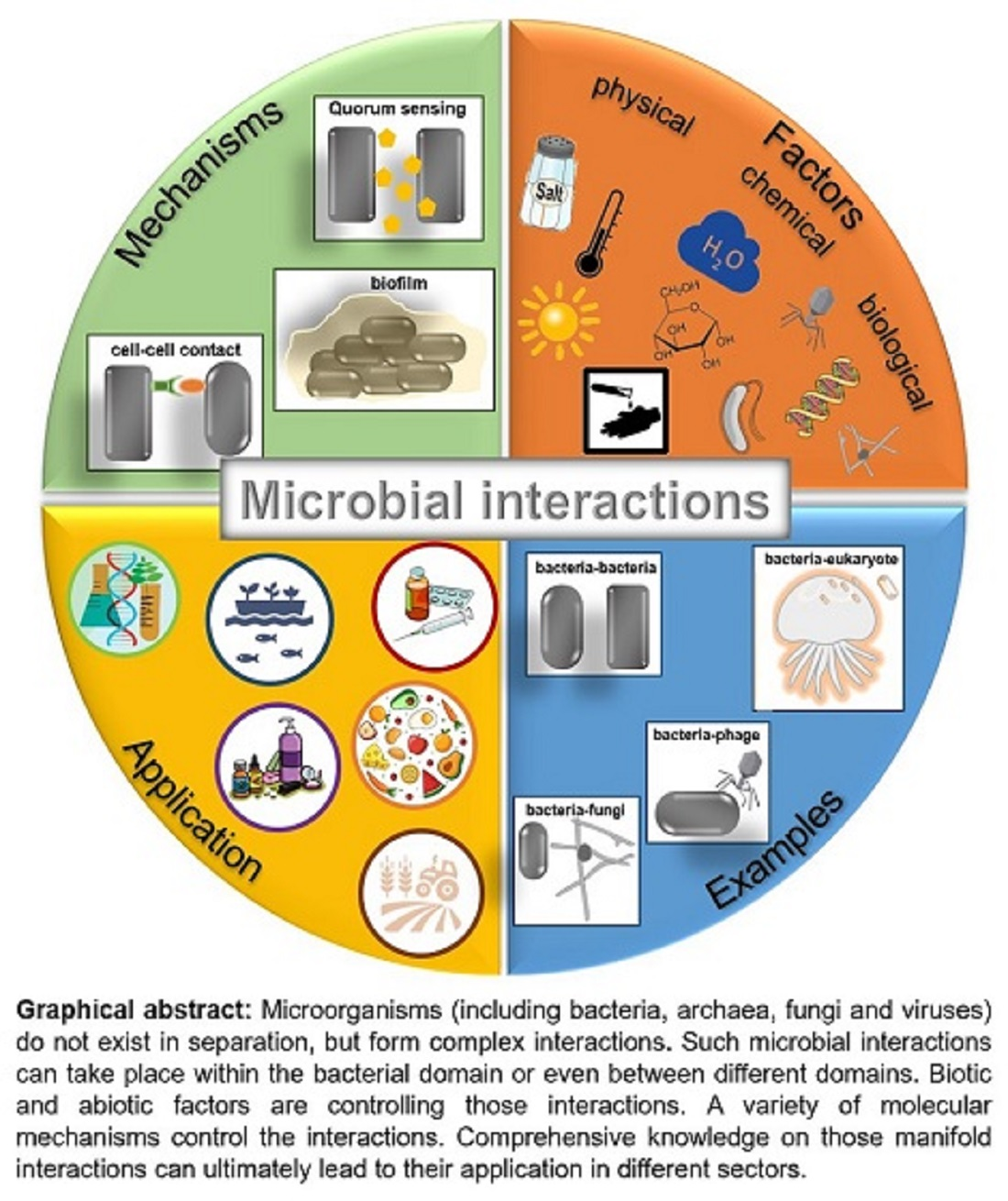
Biology, Free Full-Text

Free Google Slides and PowerPoint templates about bacteria

Bacteria Clipart Images - Free Download on Freepik

MicrobiologyOpen - Wiley Online Library
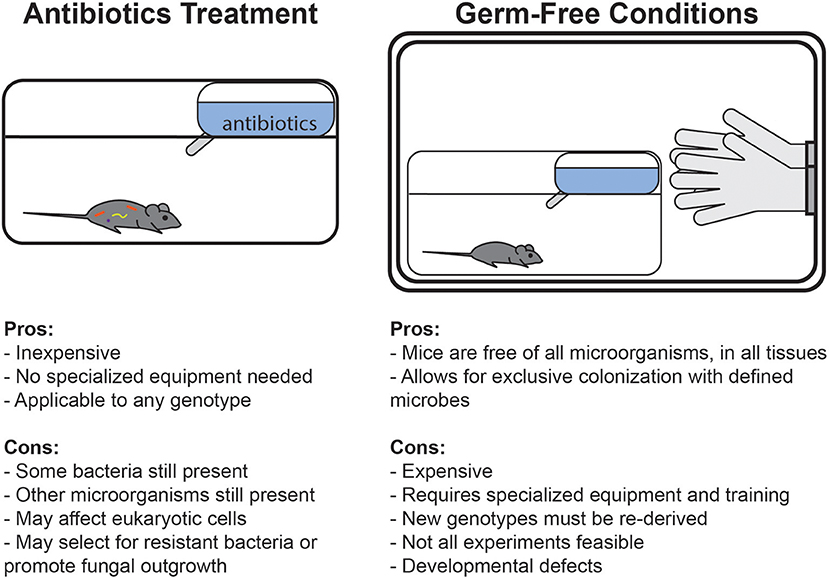
Frontiers Mouse Microbiota Models: Comparing Germ-Free Mice and

Listen Free to Growth: From Microorganisms to Megacities by Vaclav

Symbiotic Bacteria Direct Expression of an Intestinal Bactericidal
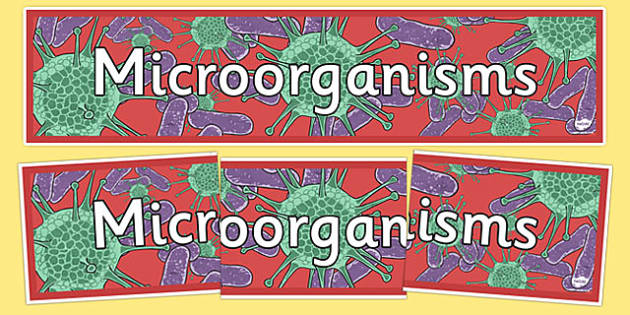
FREE! - Micro-Organisms Display Banner (Teacher-Made)

Community dynamics of free-living and particle-attached bacteria

Microorganism - Wikipedia
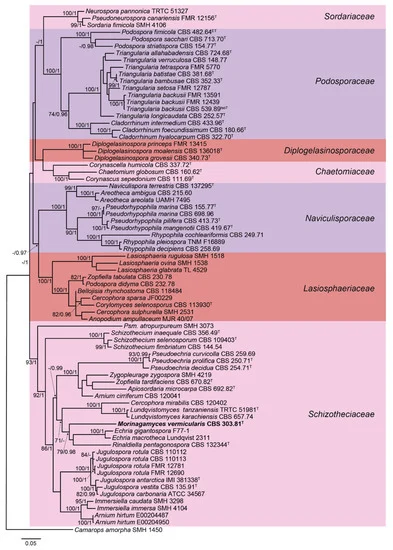
Smh 7.4 Get File - Colaboratory
de
por adulto (o preço varia de acordo com o tamanho do grupo)



